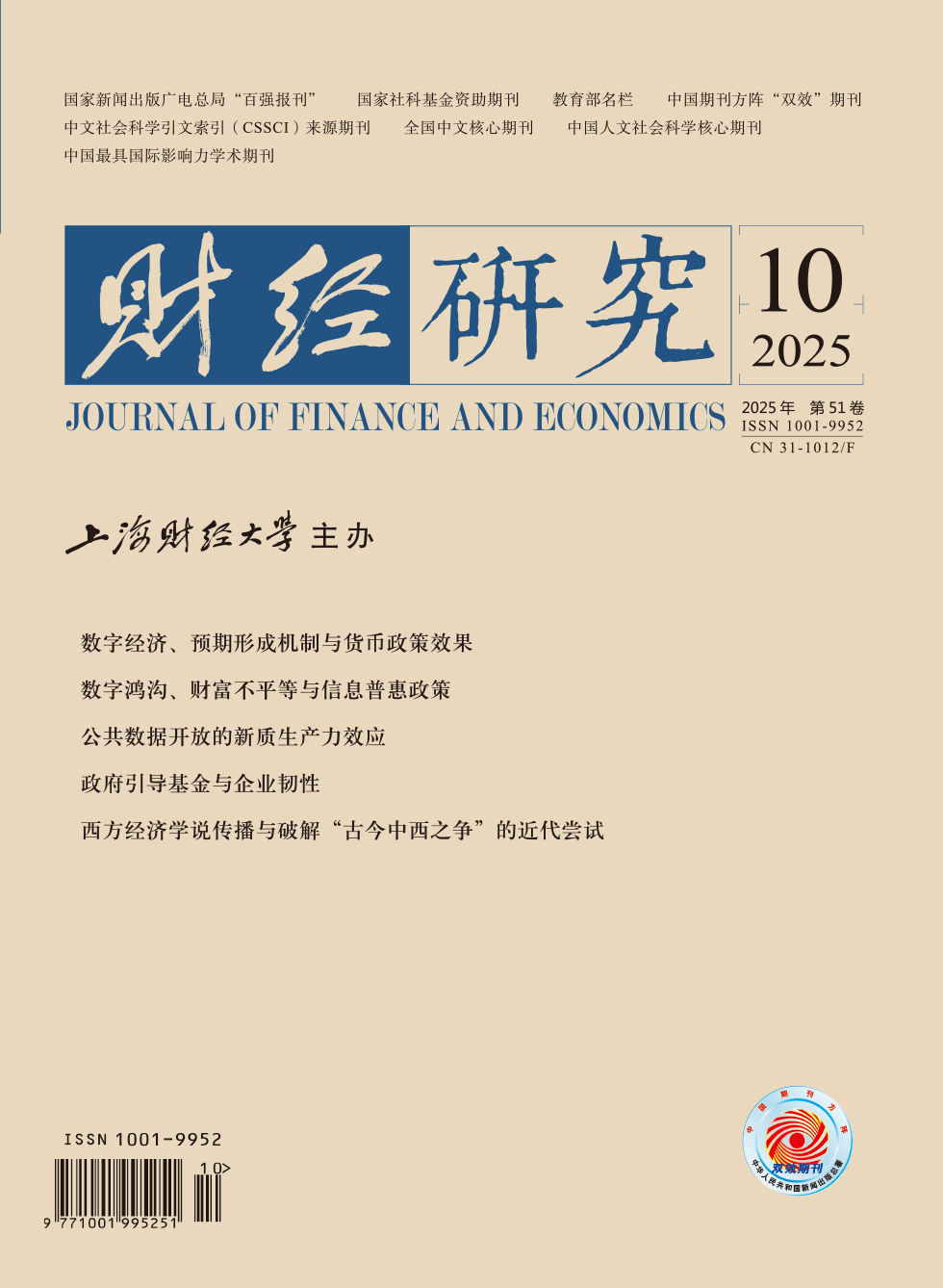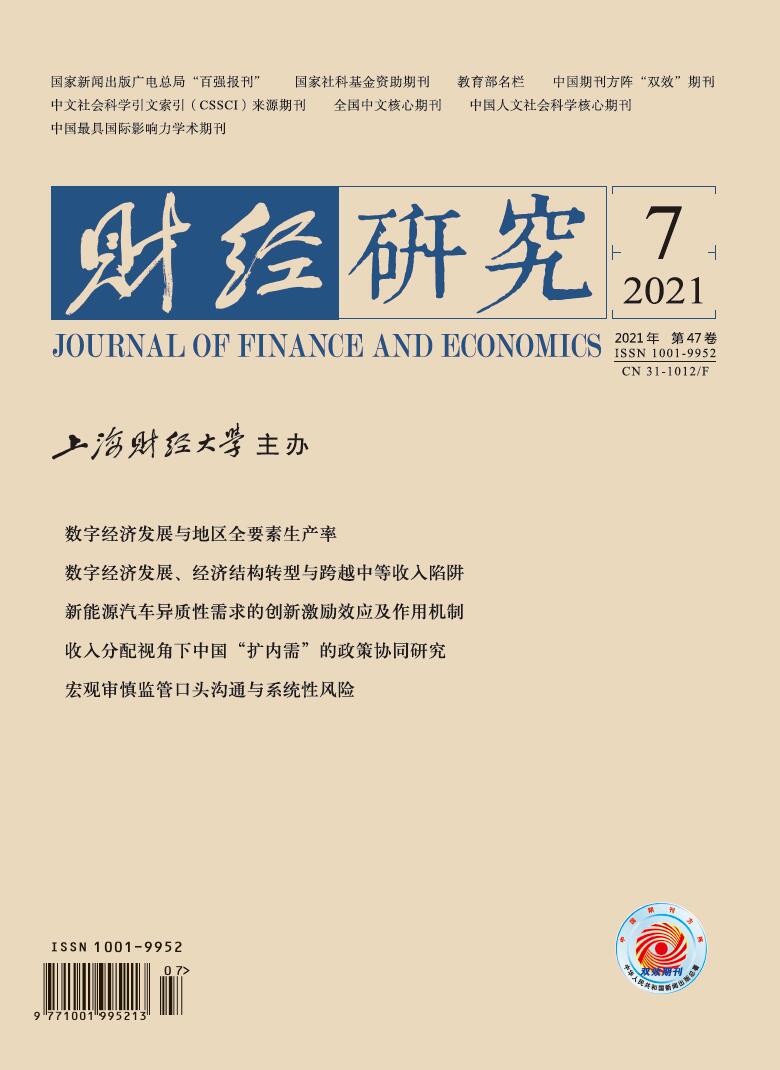The growth of residents’ income plays an important role in promoting the sustainable development of Chinese economy. And increasing labor income share is an important mechanism to improve residents’ income and distribute benefits from economic development. Previous studies have shown that the decline of labor income share will have a negative impact on the macro-economy, resulting in the deterioration of income distribution pattern, low consumption level and imbalance of economic structure. In particular, combined with the characteristics of China’s super large-scale market and potential advantages of domestic demand, the central government proposes to build a new development pattern with “large domestic circulation as the main body”. In this context, it is of great theoretical and practical significance to explore how to increase labor income share for expanding domestic demand, reviving the economy, and realizing the long-term equilibrium of stable growth and risk prevention.
Based on the data of A-share listed companies from 2003 to 2019, this paper finds that there is a significant positive correlation between bond financing and labor income share. In addition, after using the PSM-DID model, regression following Rajan and Zingales(1998), controlling high-order fixed effect, 2SLS regression based on instrumental variables and exogenous shock based on short-term financing bond, the conclusion is still robust. Further research shows that:(1)Bond financing increases labor income share by reducing the overall debt cost. And it has a spillover effect on bank loans, that is, bond financing can promote labor income share by reducing the interest rate of bank loans.(2)The effect of different types of bonds on labor income share is heterogeneous, and the convenience of bond issuance is an important factor affecting labor income share.(3)The competitive hypothesis of “wage erodes profit” does not affect our findings.
The contributions of this paper are as follows: Firstly, existing literature finds that financial development and enterprise debt level have an important impact on labor income share. However, the literature focusing on financial development mainly discusses the relationship between the expansion of banking sectors and the development of stock market and labor income share, ignoring the impact of bond market. Moreover, the literature finds that debt level can affect labor income share by influencing bargaining power in the process of negotiation between enterprises and workers. This study examines whether and how the debt structure affects labor income share based on the assumption of a certain level of debt. Therefore, it broadens the understanding of the determinants of labor income share.
Secondly, previous studies mainly discuss the economic consequences of bond financing from the perspectives of earnings management, accounting conservatism, social financing cost, bank loan cost, corporate innovation, and cash dividend policy. However, these studies mainly focus on the relationship between bond financing and accounting information quality and investment behavior. This study extends the research on the economic consequences of bond financing from the perspective of distribution effect focusing on labor income share.
Thirdly, this paper reveals the mechanism of bond financing affecting labor income share. That is, bond financing can reduce the financial burden of enterprises by reducing the overall cost of debt financing, and then increase labor income share; moreover, bond financing has a spillover effect on bank loans, which means it can promote labor income share by reducing the interest rate of bank loans.






 5835
5835  6192
6192

